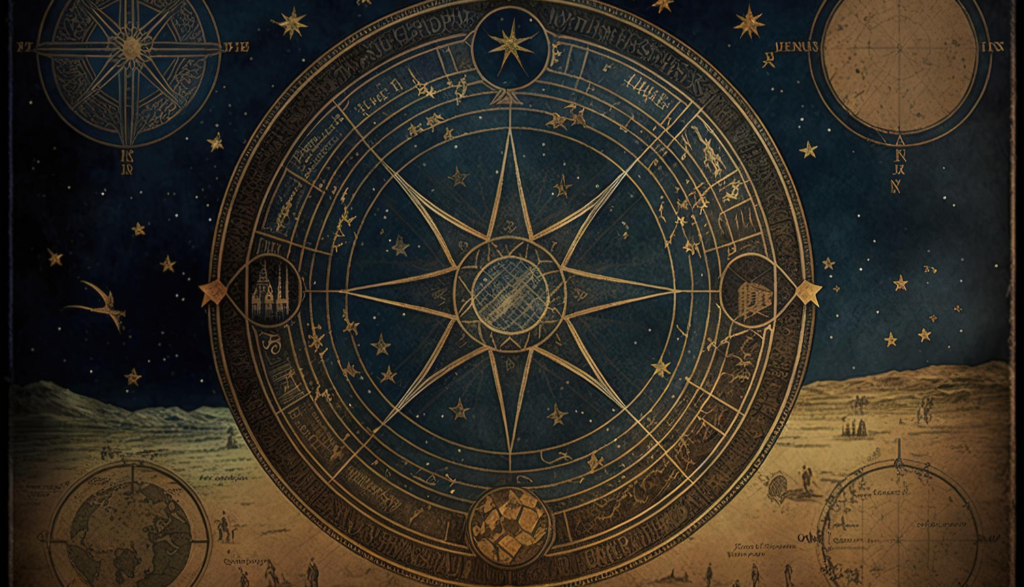Astrology, the belief that celestial bodies influence human affairs and natural events, has a rich and ancient history that stretches back thousands of years. One of the fundamental components of astrology is the Zodiac, a celestial coordinate system divided into twelve signs, each associated with specific personality traits and characteristics. Tracing the roots of astrology and the development of the Zodiac provides fascinating insights into the early civilizations that shaped our understanding of the cosmos.
Babylonian Beginnings
The origins of astrology can be traced back to ancient Mesopotamia, particularly Babylon, where astronomers closely observed the night sky and correlated celestial events with earthly occurrences. Around the 5th century BCE, Babylonian scholars developed the first zodiac system, dividing the ecliptic into twelve equal parts, each named after a constellation. These early astrologers believed that the positions of the stars influenced the fate of individuals and kingdoms.
Hellenistic Contributions
As the knowledge of astrology spread, it found its way into Hellenistic Greece, where it merged with Greek philosophical and mystical traditions. The Greek astrologer Claudius Ptolemy, in the 2nd century CE, compiled and systematized much of the existing astrological knowledge in his work “Tetrabiblos.” Ptolemy’s influential contributions laid the foundation for the zodiac signs we recognize today, assigning specific qualities to each sign based on the elements and modalities.
Chinese and Vedic Astrology
While the Western world was developing its astrological system, ancient China and India were also delving into celestial observations. Chinese astrology, with its twelve animal signs, developed independently of Western astrology but shares a similar emphasis on the cyclical nature of time. In Vedic astrology, which originated in ancient India, the zodiac is divided into twelve equal parts, or Rashis, with each associated with specific characteristics.

The Medieval Renaissance
During the medieval period, astrology faced both opposition and support within various cultures. The Arab world played a significant role in preserving and transmitting astrological knowledge, translating Greek and Babylonian texts into Arabic. This knowledge eventually made its way to medieval Europe, where astrological practices gained popularity among scholars and rulers alike. Astrology became a prominent feature of courtly life, guiding decisions and predictions.
Related: The Personality Traits of All 12 Zodiac Signs: Strengths and Weaknesses
Modern Astrology
Astrology experienced a revival during the Renaissance and continued to evolve through the centuries. In the 20th century, it underwent a popular resurgence, becoming an integral part of popular culture. Today, millions of people around the world turn to astrology for guidance, entertainment, or self-discovery.
The ancient origins of astrology and the development of the Zodiac reflect the enduring human fascination with the cosmos and the belief that celestial bodies hold secrets about our lives. From Babylonian beginnings to the diverse traditions of China and India, astrology has woven itself into the fabric of human history, leaving an indelible mark on our understanding of the universe and our place within it.





















